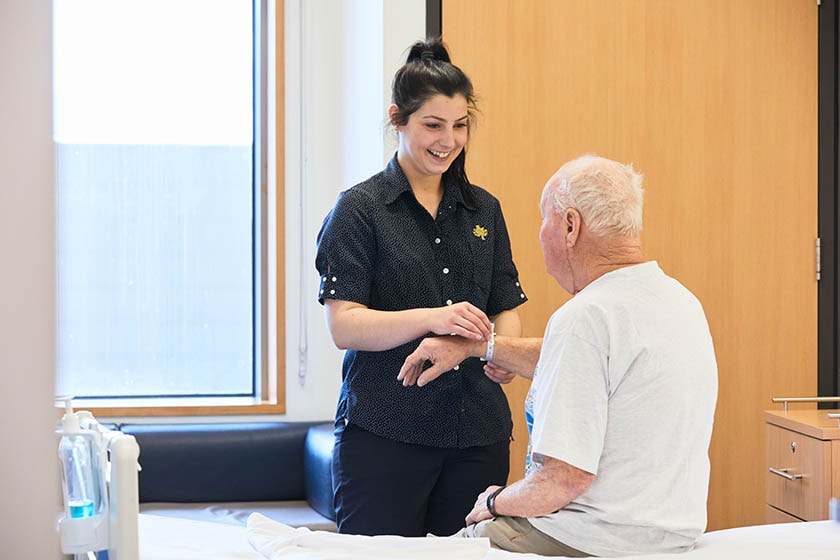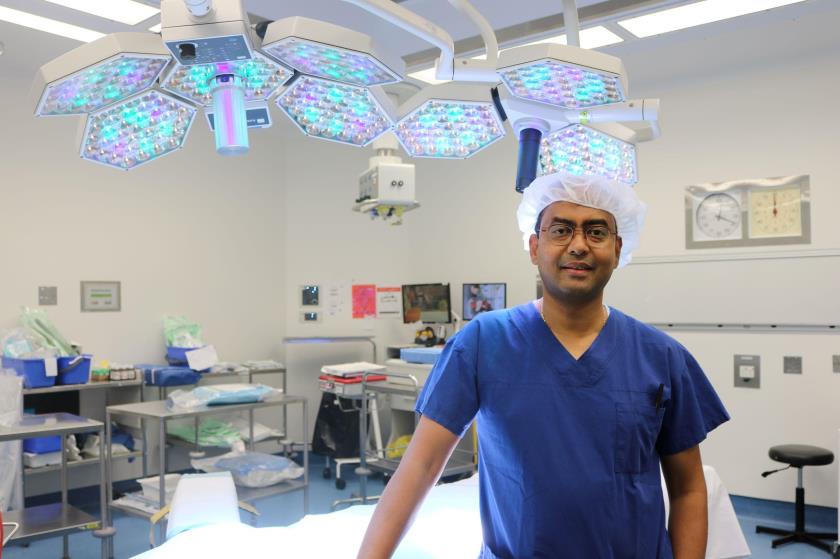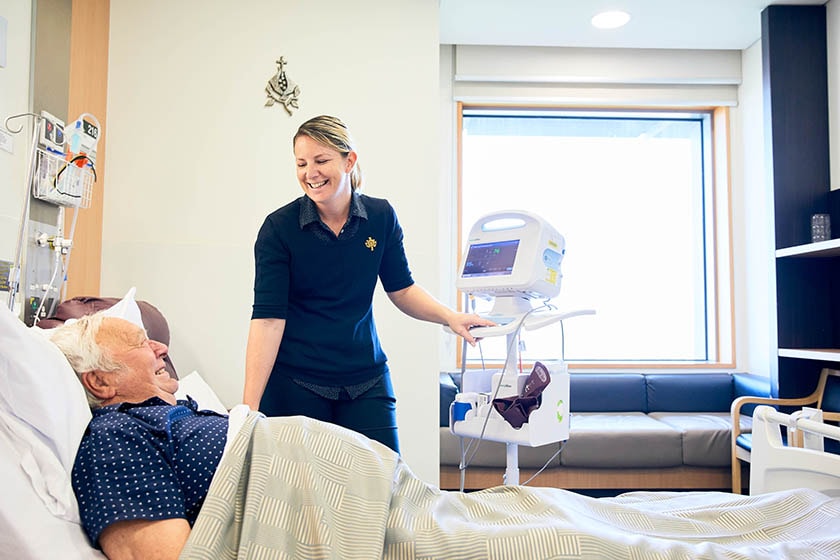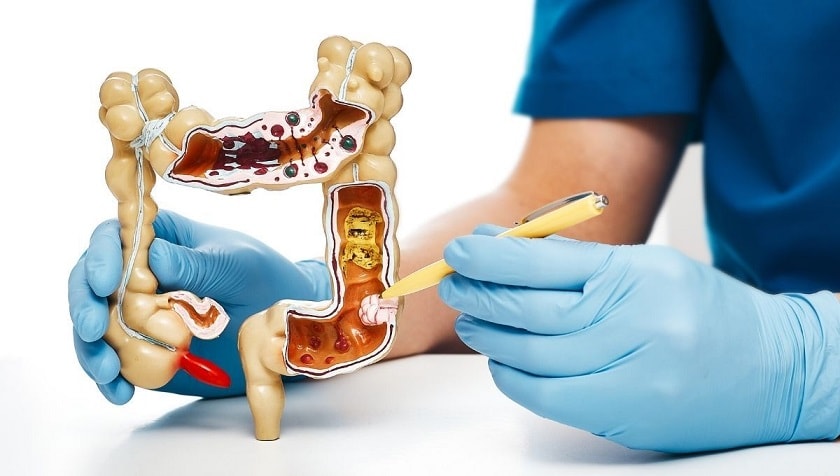There are four types of pancreatic tumours, and each have a different treatment option.
Serous cystadenomas
These are benign cysts, which are more common in women and those aged over 70.
These are benign lesions and surgery is usually not required.
Mucinous cystic neoplasms
These are either benign or malignant.
They are slow growing masses and are removed by surgery, as they are potentially malignant.
Endocrine neoplasms
Sometimes called islet cell tumours, these occur in the cells of the pancreas that produce hormones.
These cells can be malignant and can spread to the liver and lymph nodes.
Exocrine tumours
Exocrine tumours are formed in the cells of the pancreas that create digestive enzymes.
This is the most common form of pancreatic cancer.
Treatment options for pancreatic cancer
Treatment options for pancreatic cancer depending on a number of factors, including the cancer type.
Other factors include whether the cancer has spread and your general health and wellbeing.
The most common treatment options are:
- surgery
- treatment through an endoscopy
- chemotherapy
- radiation therapy.
Surgery options for pancreatic cancer
If your surgeon recommends surgery, they will advise the best option for your cancer.
Two surgeries that may be considered are:
- Whipple procedure: removing the head of the pancreas as well as parts of the bile duct, gallbladder and stomach
Distal pancreatectomy: removing the body and tail of the pancreas and/or spleen the spleen
Palliative care
Unfortunately, as pancreatic cancer is hard to diagnose, by the time it is identified your treatment options may be limited.
Your treating team may speak with you about your palliative care options. Palliative care can help reduce the symptoms of pancreatic cancer so that you can remain as comfortable and active as possible, including potentially extending your life, while not providing curative treatment.
Getting help for pancreatic cancer
Speak to your GP if you are worried about your health and wellbeing, particularly if you think you have a condition that is affecting your pancreas.
Your GP can complete a range of tests and if necessary, refer you to a specialist surgeon for further investigation and treatment.










